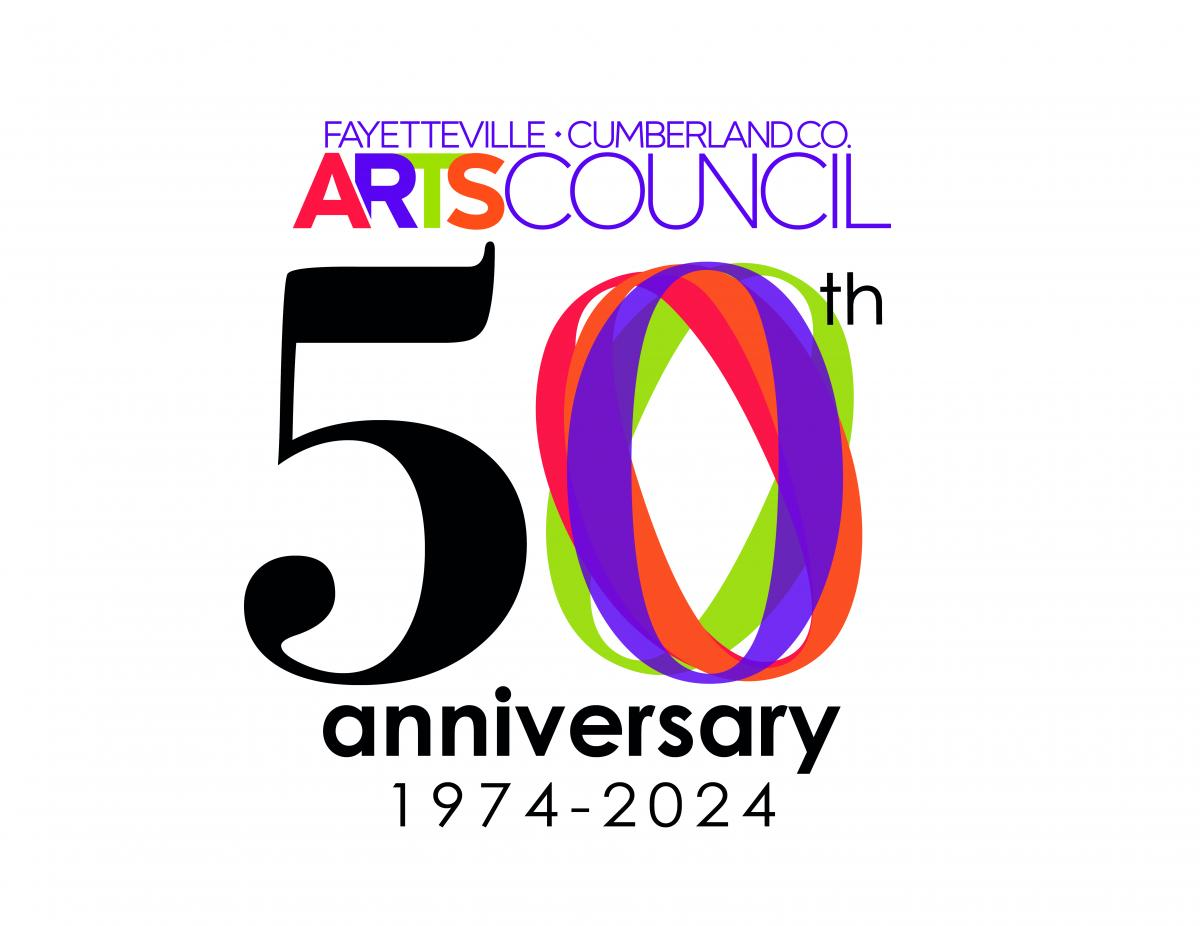Renowned photographer Susan Meiselas first gained attention for her captivating documentary photography, a passion that took root during her time at Harvard. While pursuing her master’s degree at the Harvard Graduate School of Education in 1971, she embarked on her influential series “44 Irving Street, Cambridge, MA,” which is now prominently displayed at the Harvard Art Museums. This powerful exhibition not only encapsulates her early exploration of sociological photography but also sets the stage for a remarkable career that spans decades. Meiselas is celebrated for her ability to forge connections through her lens, transforming moments into profound stories. By emphasizing collaboration in photography, she invites viewers to engage deeply with the narratives surrounding her subjects, showcasing the unique character of each environment and individual.
Acclaimed for her innovative approach to visual storytelling, Susan Meiselas has shaped the field of photography, particularly through her sociological examinations of community and identity. Her project “44 Irving Street, Cambridge, MA” represents a pivotal moment in her journey, where she combined artistic vision with the nuances of human connection. This series, along with her later works, highlights the importance of collaborative efforts in photography, prompting reflections about representation and subjectivity. As Meiselas continues to influence contemporary practices in documentary photography, her work remains a testament to the power of images in fostering understanding and dialogue. Through her lens, she not only captures moments but also encourages viewers to consider the diverse perspectives that exist within each frame.
The Impact of ’44 Irving Street’ on Documentary Photography
The ‘44 Irving Street, Cambridge, MA’ series represents a pivotal moment in Susan Meiselas’s career and serves as a fundamental reference in the field of documentary photography. This series demonstrates how personal narratives can intertwine with social themes, creating powerful visual stories that resonate with wider audiences. By capturing the lives of her boarding house neighbors, Meiselas not only documented their environments but also illuminated their intimate experiences, revealing a unique microcosm of life in Cambridge during the early 1970s.
Through her lens, Meiselas transformed ordinary living spaces into profound statements on identity and belonging. Each photograph tells a story deeply rooted in sociological contexts, fostering a connection between the viewer and the subject. The ‘44 Irving Street’ project illustrates the authenticity and emotional depth that documentary photography can achieve, a lesson that continues to influence aspiring photographers to this day.
Exploring Collaboration in Photography with Susan Meiselas
Collaboration is a central theme in Susan Meiselas’s work, as evidenced by her reflections on ’44 Irving Street.’ Her approach encourages a participatory model of photography that emphasizes the roles of both the photographer and the subject. By involving her subjects in the creative process—asking them how they feel about their portrayed images—Meiselas has established a framework that recognizes photography as an exchange rather than a one-sided capture. This not only gives voice to the individuals she photographs but also enriches her own practice as she learns from their perspectives.
This paradigm shift in how we perceive collaboration in the realm of documentary photography challenges traditional notions of representation. Meiselas’s recent book, “Collaboration: A Potential History of Photography,” expands on this idea, advocating for inclusivity and shared narratives in visual storytelling. By emphasizing mutual engagement, her work has become a catalyst for discussions about ethics and power dynamics in photography, signaling a move towards a more humane and connected form of artistic expression.
The Role of Sociological Photography in Meiselas’s Work
Sociological photography serves as a crucial framework for understanding Susan Meiselas’s work, particularly in her ’44 Irving Street’ series. By documenting the personal spaces and intimate moments of her neighbors, she moved beyond mere aesthetics to explore the sociocultural fabric of her environment. This approach allows viewers to glean insights into the lives of individuals they may never meet, fostering empathy and understanding. Through her lens, Meiselas captures the complexities of social realities, demonstrating that photography can be as much about storytelling as it is about technical skill.
Incorporating elements of sociological inquiry, Meiselas’s work encourages viewers to reflect not only on the images but also on the broader societal context in which these lives unfold. Her photographs resonate with themes of isolation, connection, and the human experience, making them invaluable not only as art but as sociological documents that contribute to our understanding of urban life in the 1970s and beyond.
The Fusion of Art and Education in Meiselas’s Journey
Susan Meiselas exemplifies the intersection of art and education in her photographic practice, beginning with her transformative experience at ‘44 Irving Street.’ Her advocacy for using photography as an educational tool is evident in her later work, where she involved students in experiential learning through photography. By introducing her students to pinhole cameras, Meiselas empowered young learners to document their own communities, emphasizing the narrative potential of photography as a means of storytelling.
This educational aspect fosters creativity and encourages students to engage critically with their surroundings. It highlights how photography can bridge gaps between individuals and communities while also sparking conversations about identity, representation, and personal narratives. This legacy of combining artistic expression with education remains central to Meiselas’s career, as she continues to inspire future generations of photographers and educators alike.
Photography as a Connection Tool in Meiselas’s Practice
For Susan Meiselas, the camera is more than a tool for capturing images; it is an instrument for connection. During her initial explorations in the ‘44 Irving Street’ project, she recognized the power of photography to foster relationships, turning interactions with her neighbors into meaningful dialogues. This realization fundamentally altered her understanding of photography from a solitary activity to a shared experience, where personal connections become the narrative threads that bind individuals to their stories.
Mieselas’s emphasis on connection extends into her broader body of work, where she continually seeks to engage with her subjects beyond the act of photographing them. By inviting feedback and incorporating her subjects’ voices into exhibitions and publications, she promotes a sense of community and agency, challenging conventional hierarchies within the photographic process. This dedication to creating authentic connections speaks to the heart of her artistry and underscores the importance of relational dynamics in photography.
The Influence of ’44 Irving Street’ on Contemporary Photography
The significance of ‘44 Irving Street, Cambridge, MA’ extends far beyond its inception in the early 1970s. Susan Meiselas’s pioneering work has left an indelible mark on contemporary documentary photography, influencing a new generation of photographers to adopt a more contextualized and sociological approach. The series’s focus on individual narratives invites contemporary artists to explore their own environments with a heightened sense of cultural awareness, encouraging them to dig deeper into the stories that shape their subjects’ lives.
In today’s rapidly evolving photographic landscape, Meiselas’s work serves as a compass for ethical practices in photography. Her emphasis on representation and collaborative storytelling resonates with a growing movement toward inclusivity and authenticity in visual arts. As contemporary photographers grapple with their roles in capturing and representing diverse narratives, they can turn to Meiselas’s early experiences as a foundational example of how photography can be a powerful means of advocacy and connection.
Exhibition and Reception of Meiselas’s Work at Harvard Art Museums
The ongoing exhibition of Susan Meiselas’s ‘44 Irving Street, Cambridge, MA’ at Harvard Art Museums has garnered significant attention, allowing audiences to appreciate her early work through a contemporary lens. The exhibition not only showcases the photographs but also incorporates the personal letters from her subjects, creating a dynamic dialogue between the viewer, the artwork, and the experiences of those featured. This multifaceted approach enriches the viewers’ understanding of the narratives behind each image, inviting them to engage with the emotions and thoughts of the subjects captured in the series.
Viewer reception has been overwhelmingly positive, with many attendees reflecting on how the pieces resonate with their own experiences of connection, displacement, and identity. Meiselas’s ability to evoke empathy through her work encourages discussions about the complexities of representation and the social dynamics within photography. Events surrounding the exhibition, including gallery talks and discussions, further enhance the engagement, allowing participants to explore the layers of meaning embedded in documentary photography.
Reflections on Power Dynamics in Photography
A critical examination of power dynamics within photography is a recurring theme in Susan Meiselas’s work. From her early explorations in ‘44 Irving Street,’ Meiselas recognized that every photograph carries with it a set of power relations, informed by the identities of both the photographer and the subject. This awareness has guided her throughout her career, prompting her to consider how best to represent individuals while respecting their narratives and voices.
In her endeavors, Meiselas emphasizes the importance of collaboration and participatory practices, which aim to diminish the often-imposed hierarchies that exist in traditional photographic settings. Her recent publication focuses on these critical discussions, advocating not only for a more ethical approach to representation but also for a shift towards a more inclusive photographic practice that honors the agency of the subjects involved. By highlighting these dynamics, Meiselas encourages both photographers and audiences to question their roles within the larger framework of visual storytelling.
Legacy of Susan Meiselas: Shaping Future Generations of Photographers
Susan Meiselas’s remarkable journey through photography continues to inspire countless artists and students alike as they forge their own paths in the visual arts. Her focus on collaboration, connection, and sociological inquiry serves as a model for emerging photographers who seek to engage meaningfully with their subjects. By demonstrating the power of personal storytelling as a vehicle for wider social commentary, Meiselas encourages a generation of creators to embrace their responsibility as artists while exploring the complexities that come with representation.
Her contributions to the photography community, both through her landmark series ‘44 Irving Street’ and her educational endeavors, solidify her status as a pivotal figure in the evolution of documentary photography. As the conversations around ethics and representation evolve, Meiselas’s legacy will undoubtedly continue to shape discussions around the purpose and impact of photography in society, reinforcing the notion that every image can, in fact, tell a story.
Frequently Asked Questions
What is the significance of Susan Meiselas’ series ‘44 Irving Street, Cambridge, MA’?
Susan Meiselas’ ‘44 Irving Street, Cambridge, MA’ series is a cornerstone of her documentary photography career. Created while she was a student at Harvard Graduate School of Education, this project allowed Meiselas to engage deeply with the personal lives of her neighbors, showcasing her unique sociological approach to photography. The series highlights how photography can serve as a tool for connection and representation.
Where can I see Susan Meiselas’ ‘44 Irving Street, Cambridge, MA’ photographs?
You can view Susan Meiselas’ ‘44 Irving Street, Cambridge, MA’ photographs at the Harvard Art Museums, where the black-and-white prints are currently on display. This exhibit not only features her stunning images but also includes the written responses from her subjects, enriching the experience with personal narratives.
How did Susan Meiselas’ early work influence her later career in documentary photography?
Susan Meiselas’ early work in ‘44 Irving Street, Cambridge, MA’ played a crucial role in shaping her career as a documentary photographer. The project taught her the importance of collaboration in photography and how to build relationships with her subjects, themes she continued to explore in her later works, including her involvement with the Magnum Foundation.
What themes does Susan Meiselas explore in her photographic work?
In her photographic work, particularly in the series ‘44 Irving Street, Cambridge, MA’, Susan Meiselas explores themes of connection, representation, and the power dynamics between photographer and subject. These themes reflect her interest in the collaborative nature of photography and the narrative potential of images.
How does Susan Meiselas’ book ‘Collaboration: A Potential History of Photography’ relate to her work?
Susan Meiselas’ book ‘Collaboration: A Potential History of Photography’ builds on themes from her original series ‘44 Irving Street, Cambridge, MA’. It emphasizes the importance of viewing photography as an inclusive practice that involves subjects in the process, aligning with Meiselas’ advocacy for sociological photography and collaborative approaches in the field.
What impact did the ‘44 Irving Street’ project have on Susan Meiselas’ educational approach?
The ‘44 Irving Street’ project had a profound impact on Susan Meiselas’ educational approach, particularly during her time teaching in the South Bronx. She utilized photography to foster narrative and connectivity among her elementary students, encouraging them to engage with their community and express their experiences through images, similar to her initial project.
What role does sociological photography play in Susan Meiselas’ work?
Sociological photography plays a critical role in Susan Meiselas’ work, as evidenced by her ‘44 Irving Street, Cambridge, MA’ series. This approach allows her to explore the social contexts of her subjects, emphasizing the interactions and relationships that form the foundation of her photographic storytelling, ultimately enhancing the depth and meaning of her images.
How did Susan Meiselas capture the essence of her neighbors in ‘44 Irving Street, Cambridge, MA’?
In ‘44 Irving Street, Cambridge, MA’, Susan Meiselas captured the essence of her neighbors through intimate portraits and interactions. By inviting her subjects to share their personal spaces and emotions, she created a narrative that reflects their identities and experiences, which are further illuminated by their written responses included in the exhibit.
What techniques did Susan Meiselas use to engage with subjects in her photography?
Susan Meiselas engaged with her subjects in ‘44 Irving Street, Cambridge, MA’ by using a personal and conversational approach. She invited her neighbors to sit for portraits in their rooms, creating an atmosphere of trust and openness. This technique allowed her to document not only their physical spaces but also their emotional landscapes.
How has ‘44 Irving Street, Cambridge, MA’ influenced contemporary documentary photography?
Susan Meiselas’ ‘44 Irving Street, Cambridge, MA’ has significantly influenced contemporary documentary photography by highlighting the importance of personal storytelling and the collaborative process between photographer and subject. Her work serves as an example of how documentary photography can foster deeper societal connections and prompt dialogues about representation and identity.
| Key Point | Details |
|---|---|
| Introduction to Susan Meiselas | Susan Meiselas is a renowned documentary photographer, filmmaker, and president of the Magnum Foundation. |
| The Impact of ’44 Irving Street’ | Her series ’44 Irving Street, Cambridge, MA’ marked a pivotal moment in her career, evolving her interest in photography. |
| Early Influence | While pursuing a degree at Harvard, she took a photography course that inspired her to connect with her boarding house neighbors. |
| Artistic Exploration | Meiselas focused on her neighbors’ personal spaces and feelings about their portraits, revealing deeper narratives. |
| Thematic Elements | Her work emphasizes connection and the complexities of representation, influencing her later projects. |
| Legacy and Influence | The ‘Irving Street’ project laid the groundwork for her approach to photography as an exchange in society. |
| Current Exhibition | Photographs from the ’44 Irving Street’ series are on display at the Harvard Art Museums until April 6. |
Summary
Susan Meiselas has profoundly influenced the field of documentary photography through her early work, particularly her ’44 Irving Street, Cambridge, MA’ series. This project was not merely an artistic pursuit but a vital exploration of human connection, shaping her career and the way she approaches representation in photography. Her ability to engage with her subjects and their stories demonstrates the deep narratives that photographs can convey, marking her as a significant figure in contemporary art.



